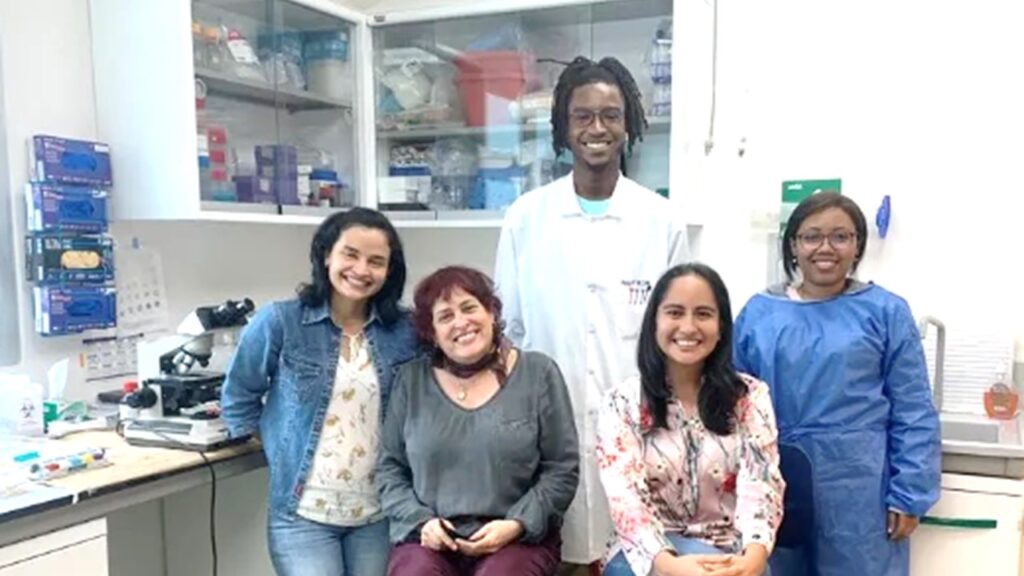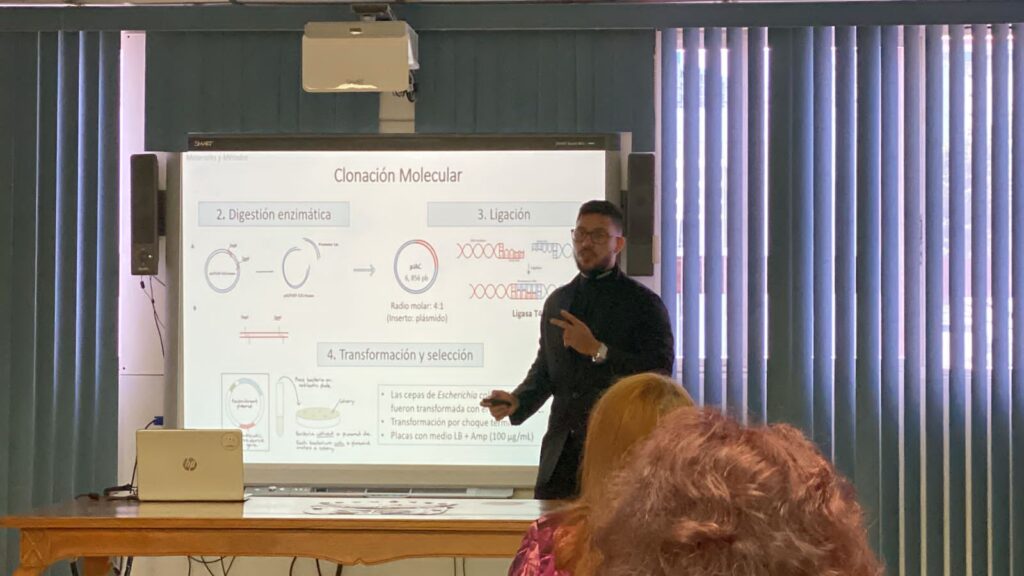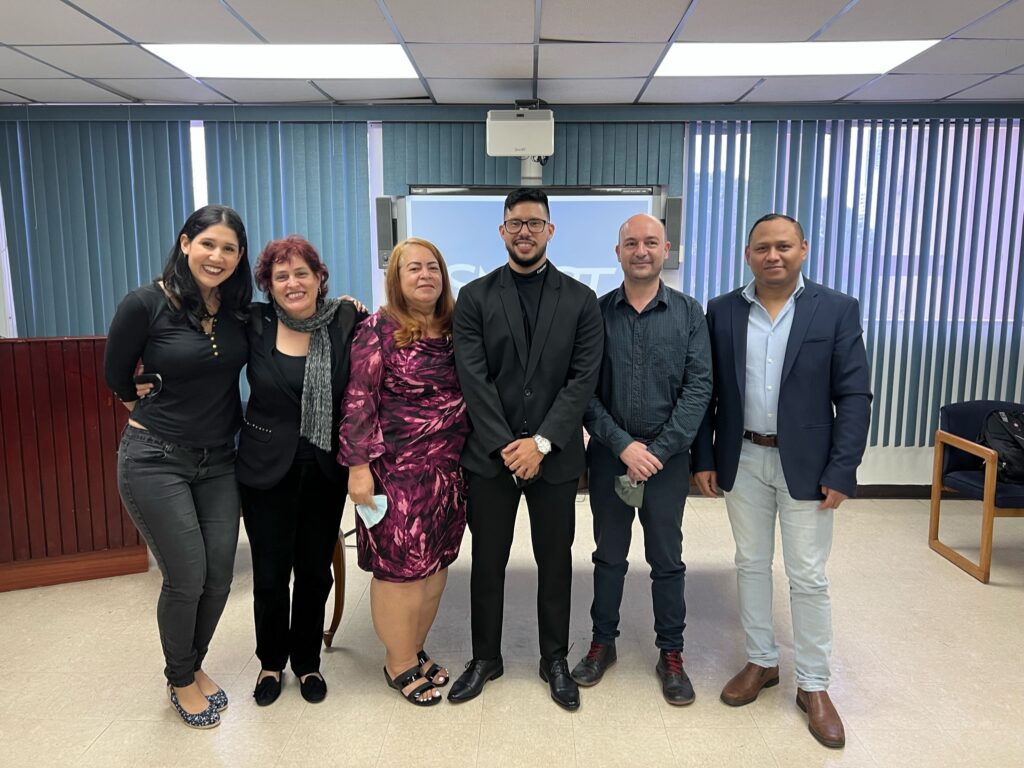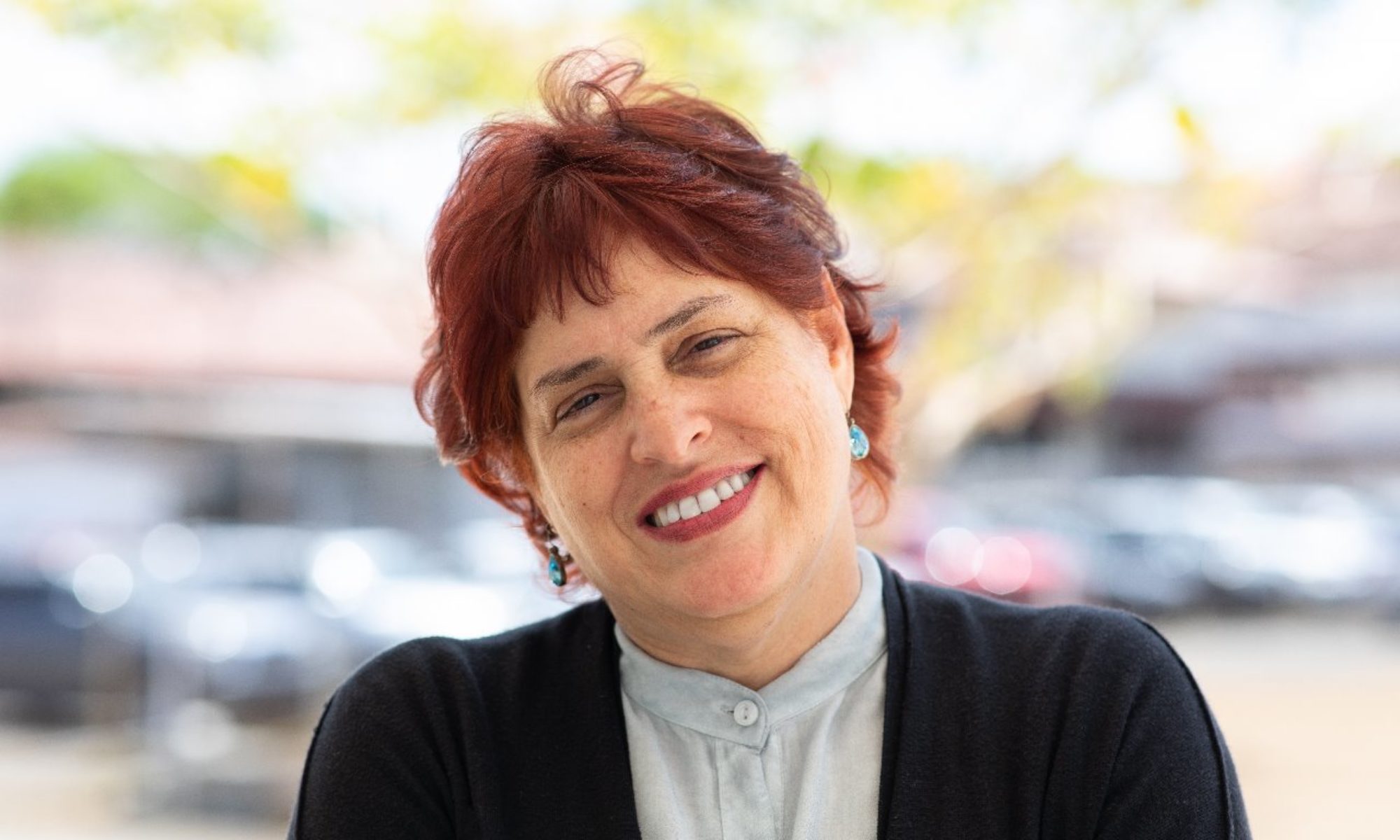The team has established a new project with the European Union Commission under a Marie Curie-Slodowska Action of HorizonEurope to study Volatile Organic Compounds given off by Extracellular Vesicles from diseases like Malaria infection. It will examine the possibilities of using them for diagnostic purposes utilizing different techniques of detections, to include Electronic Noses. This is a project that involves partners from UPPSALA UNIVERSITET (UU) in Sweden, MONASH UNIVERSITY in Malasya, SC MGM STAR CONSTRUCT SRL (MGM) in Romania, the Malaria Team at INDICASAT AIP in Panama, UNIVERSITI MALAYSIA SARAWAK (UNIMAS) in Malasya, INSTITUTUL DE CHIMIE MACROMOLECULARA PETRU PONI (ICMPP) inRomania, UNIVERSITA DEGLI STUDI DI ROMA TOR VERGATA (UNITOV) in Italy, and the EESTI MAAULIKOOL (EMU) in Estonia which coordinates the program.
INDICASAT AIP Malaria Team: innovation to cure the disease

There are ideas that can change the world and people´s histories, but it all needs believing in them.
When the Bill and Melinda Gates Foundation launched phase I of the Exploration projects, Dr. Carmenza Spadafora received a call that would chart new paths in research based on novel proposals.
The year was 2008. Dr. José A. Stoute, her mentor and with whom she worked at the Walter Reed Army Institute of Research at Silver Spring and the Uniformed Services University of Health Sciences in Bethesda, Maryland, calls her and asks her to think about a common idea regarding this call.
Dr. Spadafora, during her postdoc, had used a technique that employs the paramagnetism of malaria parasites to collect them using a magnet…
Full Article: https://lawebdelasalud.com/malaria-team-del-indicasat-aip-innovacion-para-curar-la-enfermedad/
Jafeth Carrasco, new Bachellor of Science!

We are pleased to share the successful Bachelor of Science thesis defense of our dear colleague Jafeth Carrasco, entitled “Construction of a Bacterial Biosensor for the Detection of Cyanide Based on the Expression of the Fluorescent Protein E2-Crimson”. Jafeth financed his project with a grant for New Researchers from the National Secretariat of Science, Technology and Innovation (SENACYT).

Our lab member, Doriana Dorta, was awarded with a 6-month fellowship in the prestigious group of Dr. Natasa Skoko at the ICGEB in Trieste, Italy.
Doriana has the opportunity of learning about the biotechnology production of biosimilars with the latest techniques used for pharmaceutical production. The fellowship was awarded by the Italo-Latin America institute in association with the ICGEB.
